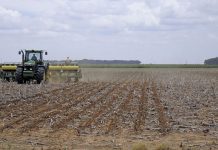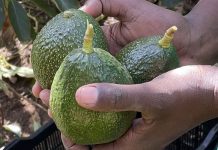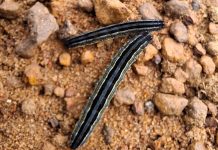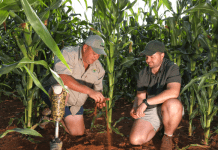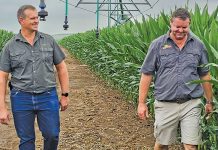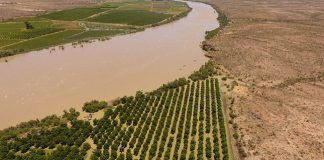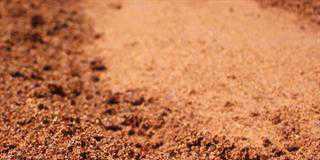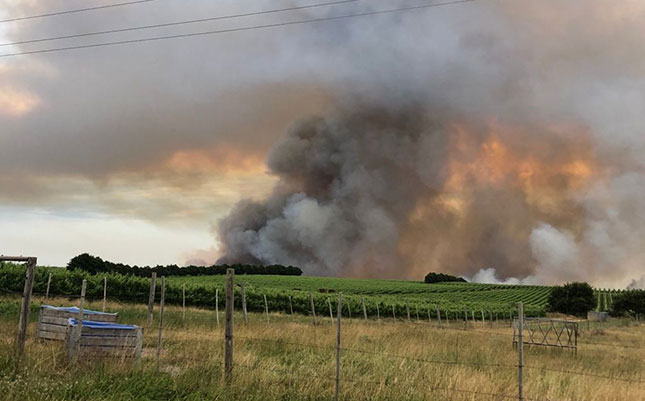
Photo: Werner Muller
A wildfire that started in Highlands, at an old pine plantation managed by the national Department of Forestry, Fisheries and Environmental Affairs near Kleinmond in the Western Cape, have destroyed more than 4 700ha of fynbos and plantations since it started on Saturday, 8 January.
This was according to a statement by the Western Cape Department of Local Government, Environmental Affairs and Development Planning.
So far, no fatalities had been reported and little damage had been reported on farms in the area.
Werner Muller, winemaker at Iona Wine Farm, said the business had been fortunate that the wind had not driven the fire in the direction of the farm.
However, in 2016, the farm suffered substantial losses when a wildfire broke out in the Houwhoek area and moved through the plantation to the property.
“We have actually taken extra [precautions] to fireproof Iona last year as we are surrounded by plantations that have been neglected since the national department of forestry withdrew from them around 2017,” Muller said.
Andrew Gunn, the owner of Iona Wine Farm, said the firefighters from the Overberg District Municipality had done a sterling job in managing the fire, but felt that the money used to manage the fires would have been better invested in rehabilitating and fireproofing the plantations.
“The region is struggling with high unemployment and squatter problems. Farmers in the region have made presentations to government in an attempt to unlock the land for housing and farming activities for disadvantaged communities, which would [also] help to reduce the fire risk of the area,” he said.
Muller said he had not heard any reports about losses suffered by neighbouring farmers, but added that it seemed as if the fire had raged through Rivendell, a boutique wine farm situated on the R43, as well as another farm near Kleinmond.
Carin Carr, farm manager at Rivendell Wine Estate, said strong wind caused the fire to “move through the farm in a flash”.
“It seems like we have lost fewer than one hectare of our 4,5ha under wine grapes, [while] our 0,5ha under olives also suffered heat damage. I don’t know how the heat and ash will affect production, [but] we are thankful that we did not lose any buildings,” Carr said.
Anton Bredell, Western Cape MEC for local government, environmental affairs and development planning issued a statement in which he thanked the men and women who worked around the clock to contain the fire.
“At any given time, there had been more than 100 people actively on the ground doing their best to prevent damage to infrastructure and to keep the population safe,” he said.
The Western Cape was currently in the midst of its fire season, which took place during the hot, dry and windy summer months. On average, between 17 000 and 20 000 fires were reported every year.
Bredell said the province had been building its fire management resources and systems systematically over the past 10 years, and this was evident in the fact that more than 90% of the wildfires reported were successfully extinguished within the first hour after breaking out.
An investment of R41 million since 2016, saw the procurement of 60 firefighting vehicles, while R3 million was recently allocated to the Stellenbosch Local Municipality for aerial equipment.

